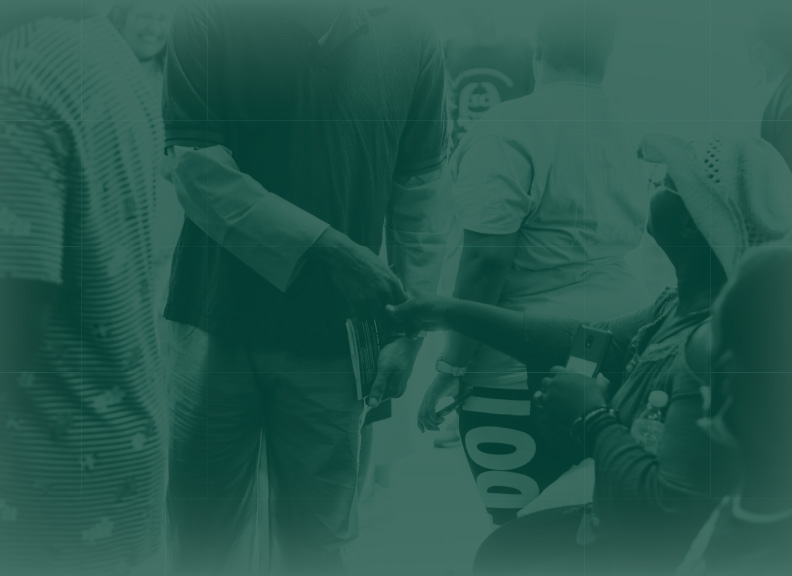Healing Injustice Conference Presents Restorative Courtroom Methods in Holistic Defense
By Jillian Holden
Oct. 13, 2022
The University of Houston is hosting the Healing Injustice: Innovating Holistic Defense Conference in the Honors College October 28–29, 2022. Voicing courtroom advocacy, criminal injustice and legal fairness, the conference will shed light on holistic defense and the importance of upholding Sixth Amendment rights.
“We are so excited to be able to host this innovative conference at the University of Houston, and we are thrilled to bring our communities together to rethink what justice means,” Data & Society Professor Ariel Ludwig, Ph.D. said. “Together, we hope to reimagine the way that people unable to afford an attorney receive representation.”
The conference is a partnership with the Honors College, the Hewlett Packard Enterprise-Data Science Institute, the Hobby School of Public Affairs, the Data & Society program, and Restoring Justice.
 Holistic defense started in 1997 by the Bronx Defenders as a new paradigm for the
legal representation of indigent clients. An ever-evolving practice, it has gained
momentum since its introduction into the criminal justice system and has proven to
be beneficial for all parties involved.
Holistic defense started in 1997 by the Bronx Defenders as a new paradigm for the
legal representation of indigent clients. An ever-evolving practice, it has gained
momentum since its introduction into the criminal justice system and has proven to
be beneficial for all parties involved.
“Justice is about making people whole again, and the system of mass incarceration does exactly the opposite by not just failing to give people what they need but actually forcing those most in need to suffer historically egregious human rights abuses every single day countless times in every city in our country,” Restoring Justice founder and CEO Drew Willey said. “We can do better.”
In contrast with the traditional public defense model that emphasizes criminal representation and courtroom advocacy, holistic defense is a client-centered approach primarily focusing on the life of the client. Strategically working in interdisciplinary teams to address both the case and underlying circumstances that contribute to client contact with the criminal justice system such as addictions, illness, and housing instability, defenders address not only the immediate case at hand but the underlying life circumstances and nonlegal issues often key in driving clients into the criminal justice system.
“This conference is about exploring and advancing the answer: innovating people-centered and holistic defense to someday enact systemic restorative justice practices that are the only hope to change our system from a punitive dehumanization process,” Wiley stated. It is not a specific model but instead a set of principles that can be flexibly applied to a variety of situations of conflict, crime, and abuse to make amends, allowing offenders to work to regain good standing in the community.
“Our keynote speakers are so vital as we look to this innovation,” Wiley said. “Antong's groundbreaking, compassionate activism and James' healing circle expertise will be essential ingredients to the change we all so desperately need.”
Raised in the projects in the worst part of Dallas and immersed in violence, poverty and strife, Antong Lucky’s background painted a grim forecast of his future. However, people reached out, inviting him to assist in a local nonprofit organization and inspiring him to look inward and believe in himself, altering his worldview. Working in schools and speaking to violent communities across the country, Lucky challenges people to inner reflection, prompting them to see the good within themselves and live a different life.
Forensic psychologist and elder member of the Inside Circle Foundation, James McLeary grew up on the streets of Chicago. Working with programs at both Folsom State Prison and San Quentin State Prison, McLeary developed a safe environment for inmates to be vulnerable and discuss repressed traumas. Executive producer of the documentary, “THE WORK,” he developed a 4-day training workshop for inmates at Folsom Prison, teaching a behavioral-cognitive model for men to take accountability and lead responsible lives.
The conference is free and open to the public. Please contact healing-injustice@uh.edu if you have questions or visit www.uh.edu/healing-injustice.